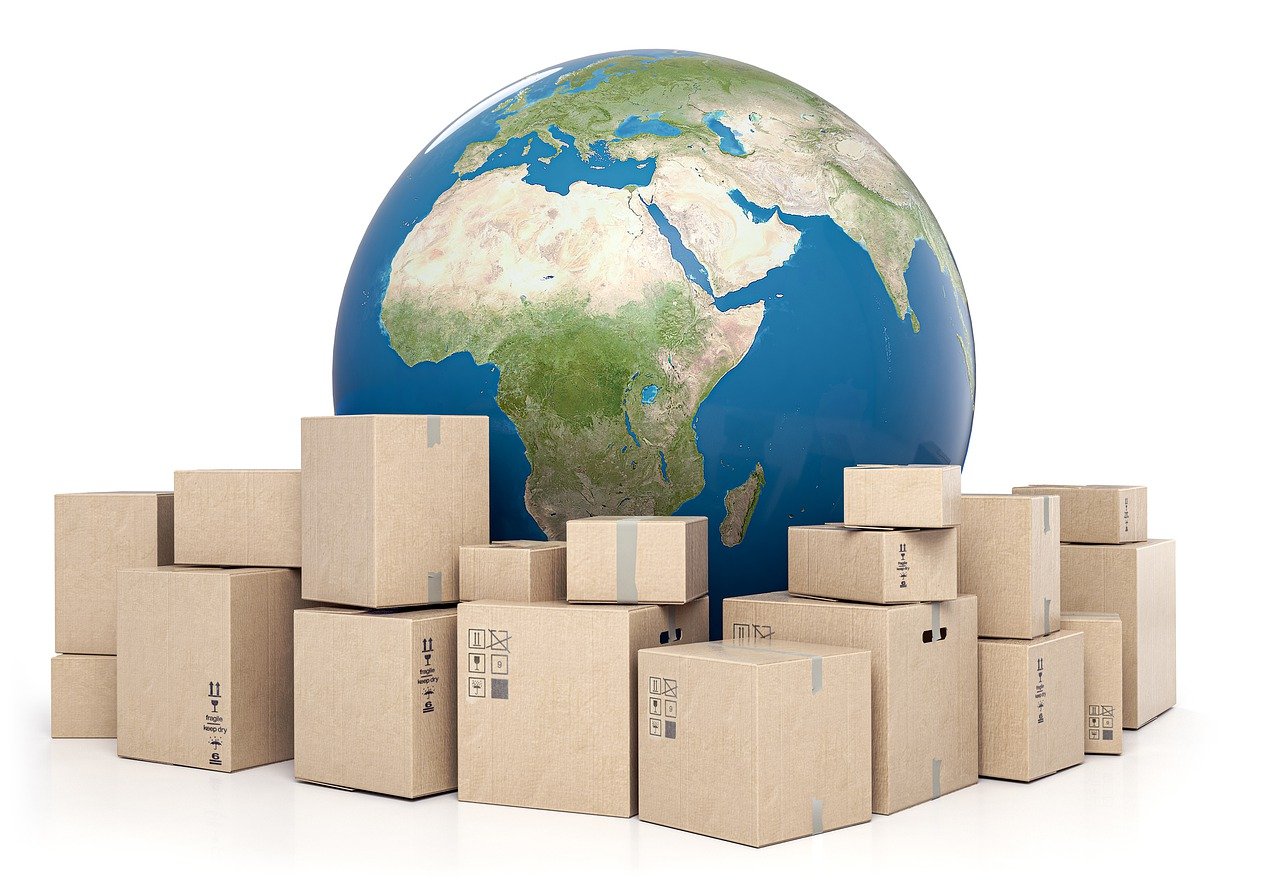
Importation involves entering goods from a foreign country.
Importation is a term that comes from the verb import (introduce foreign products or customs into a country). It is the action of importing goods or symbolic issues from another nation . For example: "The government plans to introduce obstacles to the importation of footwear so as not to harm local producers" , "Free importation encourages consumption as it allows prices to be lowered" , "The import of those materials that are not produced in the country is necessary .
The set of imported things is also known as import: "Venezuela reduced imports by 12% in the last year" , "Given the sharp increase in imports due to the exchange rate , the port infrastructure can no longer cope" .
Import regulation
The State usually regulates importation according to specific regulations. Differences between the economic conditions and legislation of each country can generate distortions in the market and harm national producers. If a country subsidizes the production of good X and said good is imported by a nation at very low prices, those who produce good
Importing, in any case, is important to access goods that are not produced in the country or that are of lower quality. On the other hand, always within a delicate balance, importing cheaper products favors consumption and, therefore, the economy grows.
At the level of a national economy, imports can be financed through a trade surplus (the country exports more than it imports), the inflow of foreign capital (through investments, tourist activity, etc.) or with public debt.

The State usually regulates importation.
The concept in computing
Within the field of computing, the term import refers to the inclusion of a document or part of it in another , with several possible scenarios. First, you can import a file generated in one program into another, produced by a different application. The need for such a function may arise for several reasons: the original program is no longer available, or it is a very old version of the one currently available, an attempt is made to take advantage of someone else's work in one's own environment, etc.
Importing offers many benefits , as it facilitates communication between various programs and work environments. With respect to this last point, not only can there be incompatibility between two different word processors, for example, but it also occurs between operating systems. Nowadays it is common for a Windows user to want to explore the possibilities offered by one of the versions of Linux , and that mere decision entails the need to convert many of the files that they want to continue using.
But incompatibility is just one reason why an import function is necessary. In the field of 3D design , for example, developers often reuse models created in previous projects; Those who work on creating scenarios for animations and video games do not always make all the objects from scratch, but rather use public libraries (both free and paid) and their own portfolio, from which they import those elements that they consider possible to reuse, after make the pertinent modifications.
Import and conversion
In some cases, the action of importing a file involves its conversion to a new format , as occurs when you open a song recorded as MIDI and try to edit it, using an application such as Finale .
Generally, for a format to be taken into account by a program that does not use it natively, it must be widely accepted and have acquired a lot of popularity.
